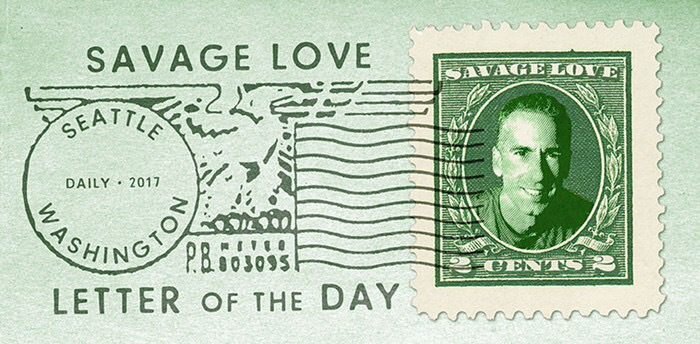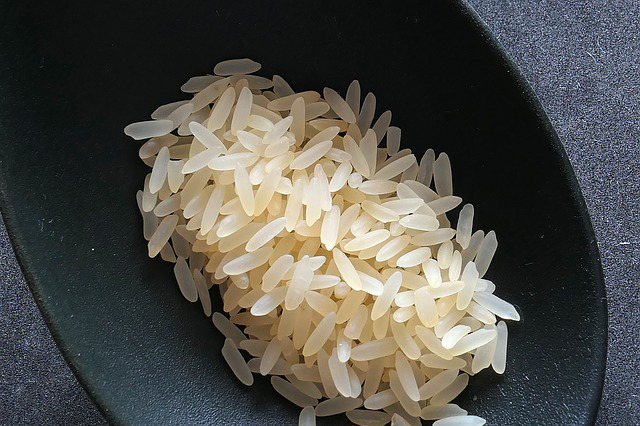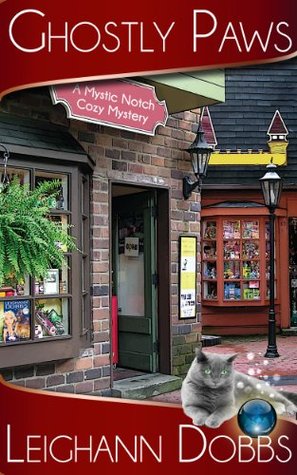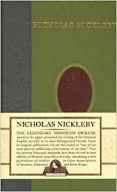
“It’s a weakness in our family,” said Mrs Nickleby, “so, of course, I can’t be blamed for it. Your grandmama, Kate, was exactly the same – precisely. The least excitement, the slightest surprise – she fainted away directly. I have heard her say, often and often, that when she was a young lady, and before she was married, she was turning a corner into Oxford Street one day, when she ran against her own hairdresser, who, it seems, was escaping from a bear;– the mere suddenness of the encounter made her faint away directly. Wait, though,” added Mrs Nickleby, pausing to consider. “Let me be sure I’m right. Was it her hairdresser who had escaped from a bear, or was it a bear who had escaped from her hairdresser’s? I declare I can’t remember just now, but the hairdresser was a very handsome man, I know, and quite a gentleman in his manners; so that it has nothing to do with the point of the story.”
* * * * * * * * *
By contrast, John Rylands’s library was a middlebrow mix of piety and practicality. The son of a draper from St Helen’s, Manchester’s first multi-millionaire lived from 1857 at Longford Hall, an Italianate mansion which he had built in the nearby village of Stretford. The house was unpretentious, and the library, of some 1,808 volumes, could hardly have been less like the library which Mrs Rylands later founded in her husband’s memory. Entirely devoid of antique or rare books, it included volumes of light reading (Dickens and Walter Scott) but also many religious books, as Rylands was a devout Congregationalist. [ . . .] Other books, like a Boy’s own Book of Boats (1868) seem somewhat more unexpected, while Scott’s Practical Cotton Spinner, and Manufacturer (Preston, 1840) and Etiquette for Gentlemen (1854) provoke interesting and perhaps rather moving reflections on the life story of a self-made man.
* * * * * * * * *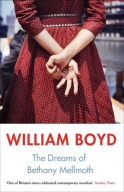
“Have I ever told you that I think you’re a stunningly attractive woman?”
She turned her knowing brown eyes on him.
“You have, actually. Many times.”
“I’d love to kiss you. Properly, I mean.”
It nearly always worked, It was a simple wish expressed – heartfelt, genuine – and one hard to be offended by. It was a compliment, of sorts, though risqué. Sometimes the women said, “Well, thank you, but no thanks.” Or else, “Not here, not now.” Sometimes they looked at him, smiled, said nothing, and moved away. But, mostly, they were intrigued, and soon, after a while, after some more conversation, they found a way and a location and a time where the kiss could take place.
“You’ve already kissed me,” Suki said, sardonically. “If I recall.”

(The crew have been stranded on an ice floe for weeks, food is running out and they are on strict, tiny rations, facing starvation. All they are allowed for breakfast is some powdered milk and a lump of sugar. They had hoped to go back to their original camp that day to get food supplies that had been left there…)
Shackleton came to no. 5 tent, just at breakfast time, to inform Macklin that he had decided against the trip. It was a crushing disappointment, coming as it did on the heels of a miserable night of wet, misty weather during which nobody had slept much. Shackleton had hardly left when Macklin turned on Clark for some feeble reason, and the two men were almost immediately shouting at one another. The tension spread to Orde-Lees and Worsley and triggered a blasphemous exchange between them. In the midst of it, Greenstreet upset his powdered milk. He whirled on Clark, cursing him for causing the accident, because Clark had called his attention for a moment. Clark tried to protest, but Greenstreet shouted him down. Then Greenstreet paused to get his breath, and in that instant his anger was spent and he suddenly fell silent. Everyone else in the tent became quiet too and looked at Greenstreet, shaggy-haired, bearded and filthy with blubber-soot, holding his empty mug in his hand and looking helplessly down into the snow that had thirstily soaked up his precious milk. The loss was so tragic, he seemed almost on the point of weeping. Without speaking, Clark reached out and poured some of his milk into Greenstreet’s mug, then Worsley, then Macklin, and Rickinson and Kerr, Orde-Lees and finally Blackborow. They finished in silence.
* * * * * * * * * From the Archives…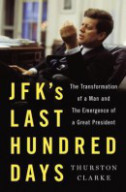
Once their tears had dried, or before, they began naming roads and bridges, tunnels, highways and buildings for him, creating a grief-stricken empire of asphalt, mortar, brick, and bronze so extensive that if you extinguished every light on earth except those illuminating something named for him, astronauts launched from the Kennedy Space Center would have seen a web of lights stretching across Europe and North America, and others scattered through Africa and Asia…
(Click for full review)
* * * * * * * * * So…are you tempted? Please feel free to share this:- More
